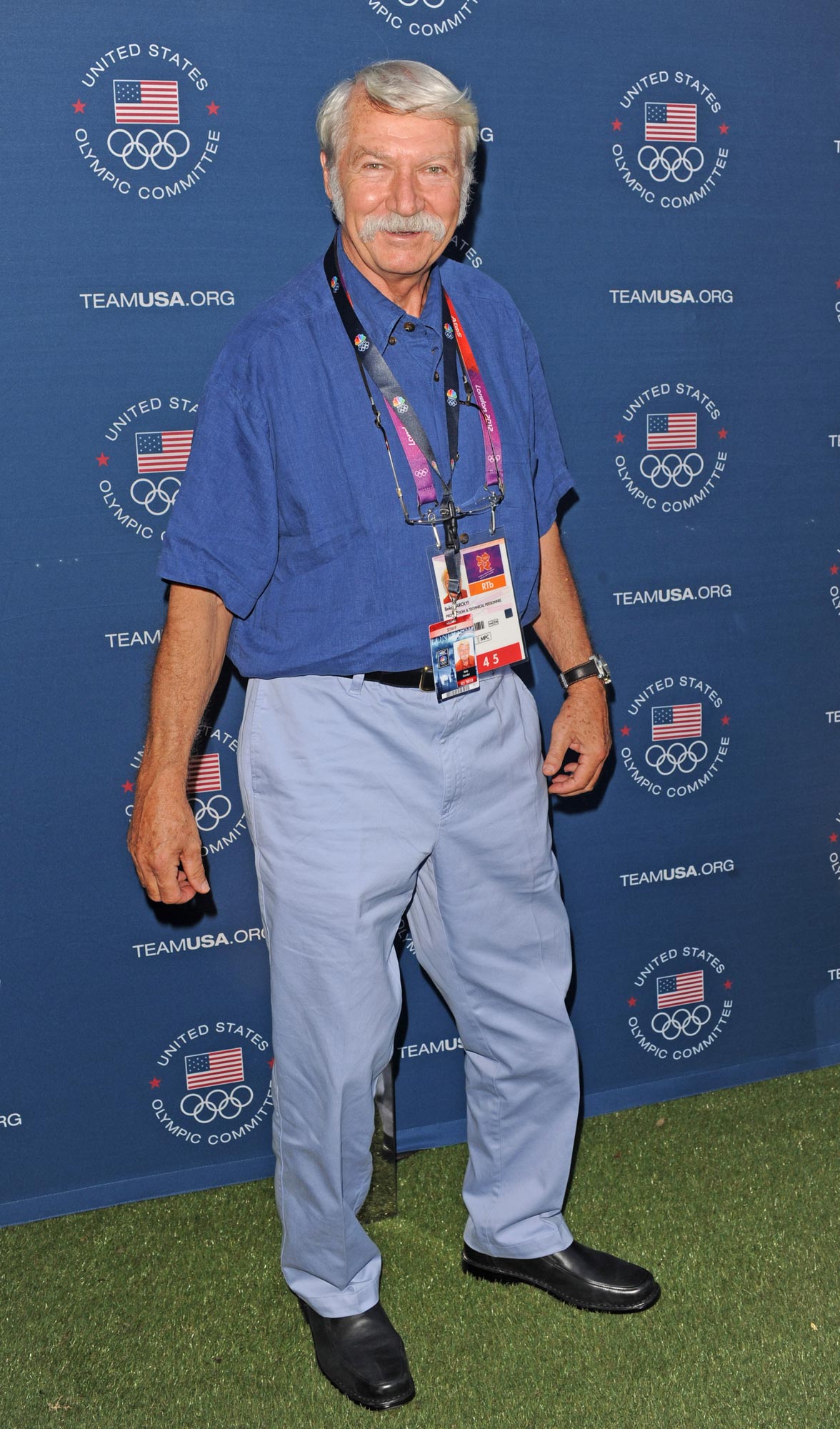Celebritiy
Athletes Reflect on Late Coach Bela Karolyi

What Athletes Have Shared About Late Gymnastics Coach Bela Karolyi
Bela Karolyi, a polarizing figure in gymnastics, was instrumental in training many Olympic champions, including the likes of Nadia Comaneci and Mary Lou Retton. He passed away at the age of 82 on November 15, 2024. Throughout his coaching career, questions about the severity of his methods and his connection to former Team USA doctor Larry Nassar, who is currently serving a life sentence for sexual assault, have frequently surfaced.
Karolyi, alongside his wife Martha, developed a prolific legacy, coaching nearly 30 Olympians and producing 9 Olympic champions, making significant contributions to gymnastics in both the United States and Romania. Bela served as the national team coordinator for the U.S. women’s artistic gymnastics team from 1999 until 2001 when Martha took over after his departure.
The departure of Bela Karolyi has prompted reflections on his multifaceted legacy, as numerous former athletes shared their thoughts about his impact on their lives and careers. Olympian Dominique Moceanu, part of the historic “Magnificent 7” team that clinched gold in Atlanta in 1996, has been open about her experiences under Karolyi’s coaching. Following his death, she expressed on social media, “Bela Karolyi profoundly influenced my life and the sport of elite gymnastics. His coaching style was demanding and came with its share of challenges. Despite our complicated relationship, those experiences shaped my path in gymnastics. As we remember Bela, I extend my thoughts to his family and cherish the lessons I learned.”
Mary Lou Retton, known for becoming the first American woman to win Olympic all-around gold in 1984, remarked on Karolyi’s significant influence in shaping gymnastics in the U.S. Retton noted, “They created a dynasty for American gymnastics. Bela’s collaboration with Martha was crucial, and while it was challenging when he stepped away, Martha continued to excel in her role.”
Comaneci, one of Karolyi’s first prominent gymnasts, also shared her sentiment on social media after his passing, stating, “Bela had a huge impact on my life. Rest in peace, Bela.” Kerri Strug, who famously competed on a sprained ankle in the 1996 Olympics with Karolyi’s guidance, defended him against criticisms, saying, “Bela is a tough coach, but that’s essential for success. It’s not fair to focus only on the negative.”
Ecaterina Szabo, who won three gold medals in gymnastics at the 1984 Olympics, described the range of roles Karolyi filled in her life, from friend to father figure. She acknowledged his strictness but emphasized the respect he commanded. Betty Okino, a 1992 Olympian, shared her initial perception of Karolyi as a pathway to the Olympics, noting that his rigorous training methods were designed to build resilience in his athletes.
As the gymnastics community remembers Bela Karolyi, athletes reflect on the complex relationship they had with him, rooted in his relentless quest for excellence and dedication to shaping the future of gymnastics. Each athlete’s tribute underscores how deeply Karolyi’s coaching affected their lives and the sport itself.
